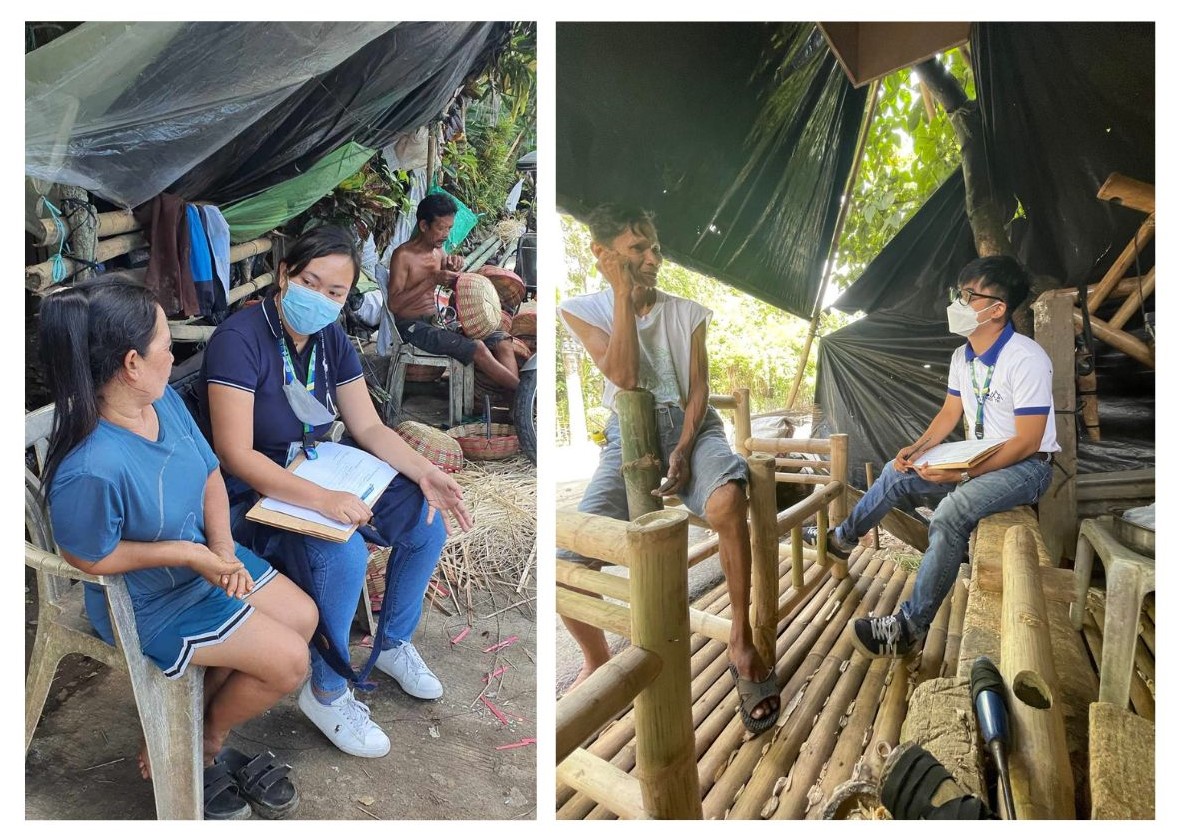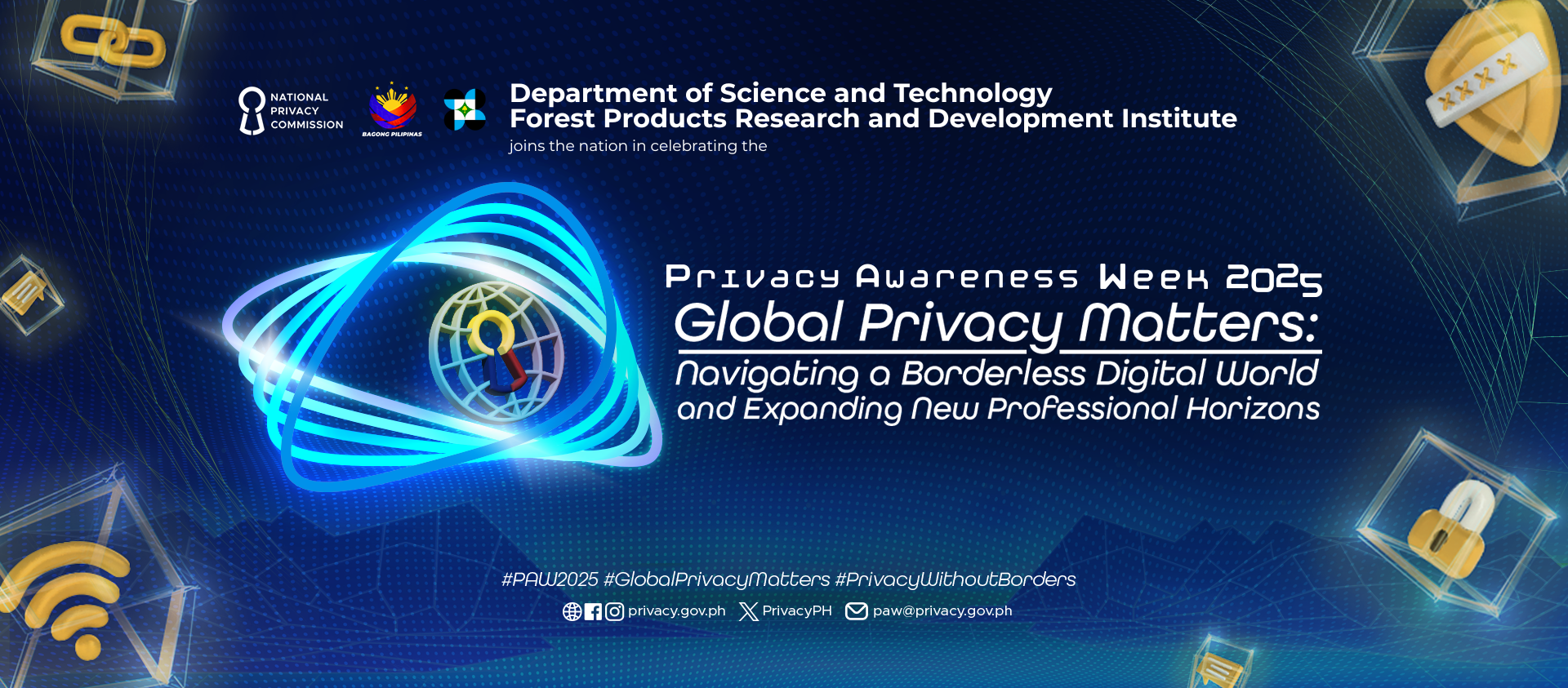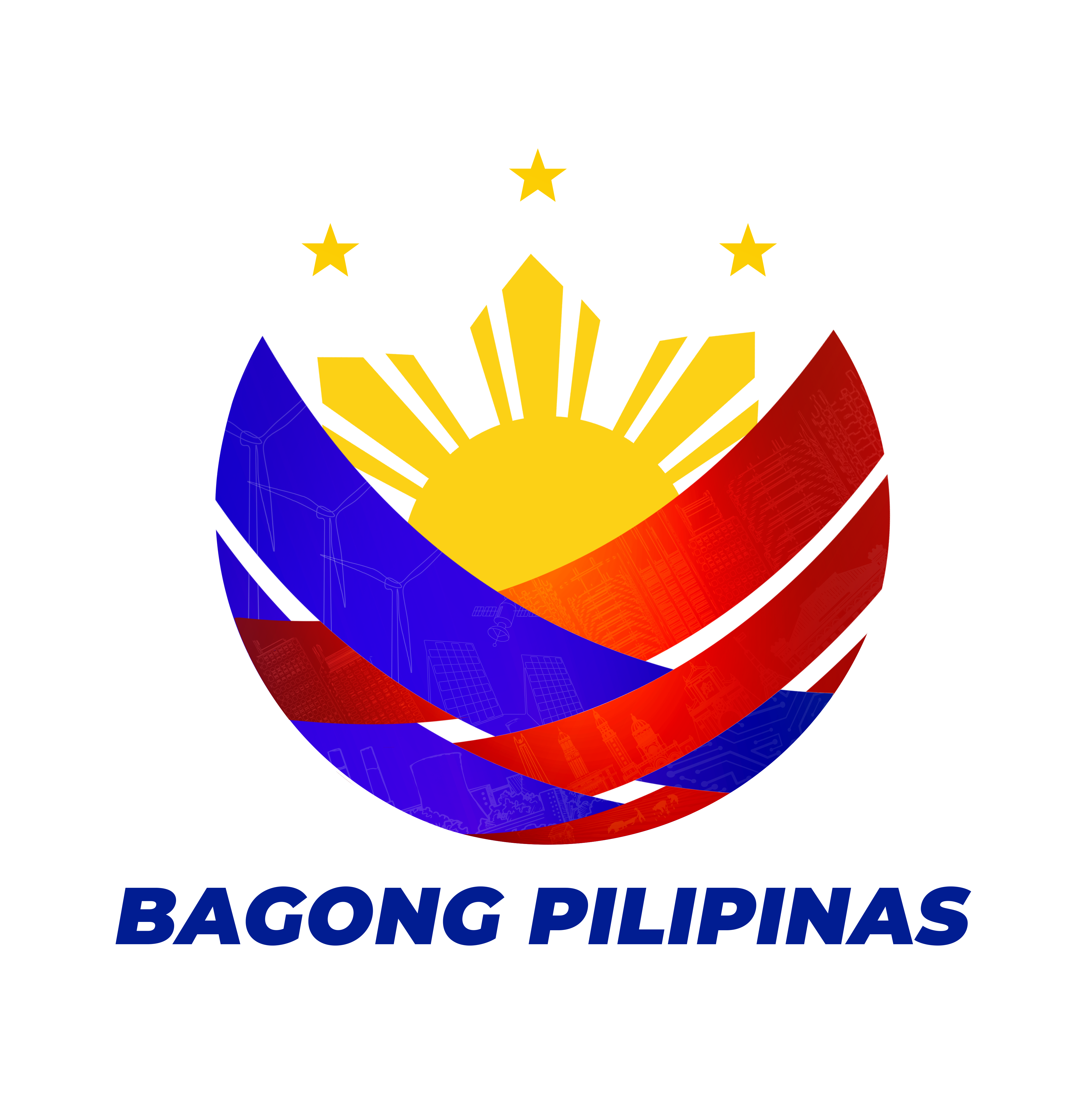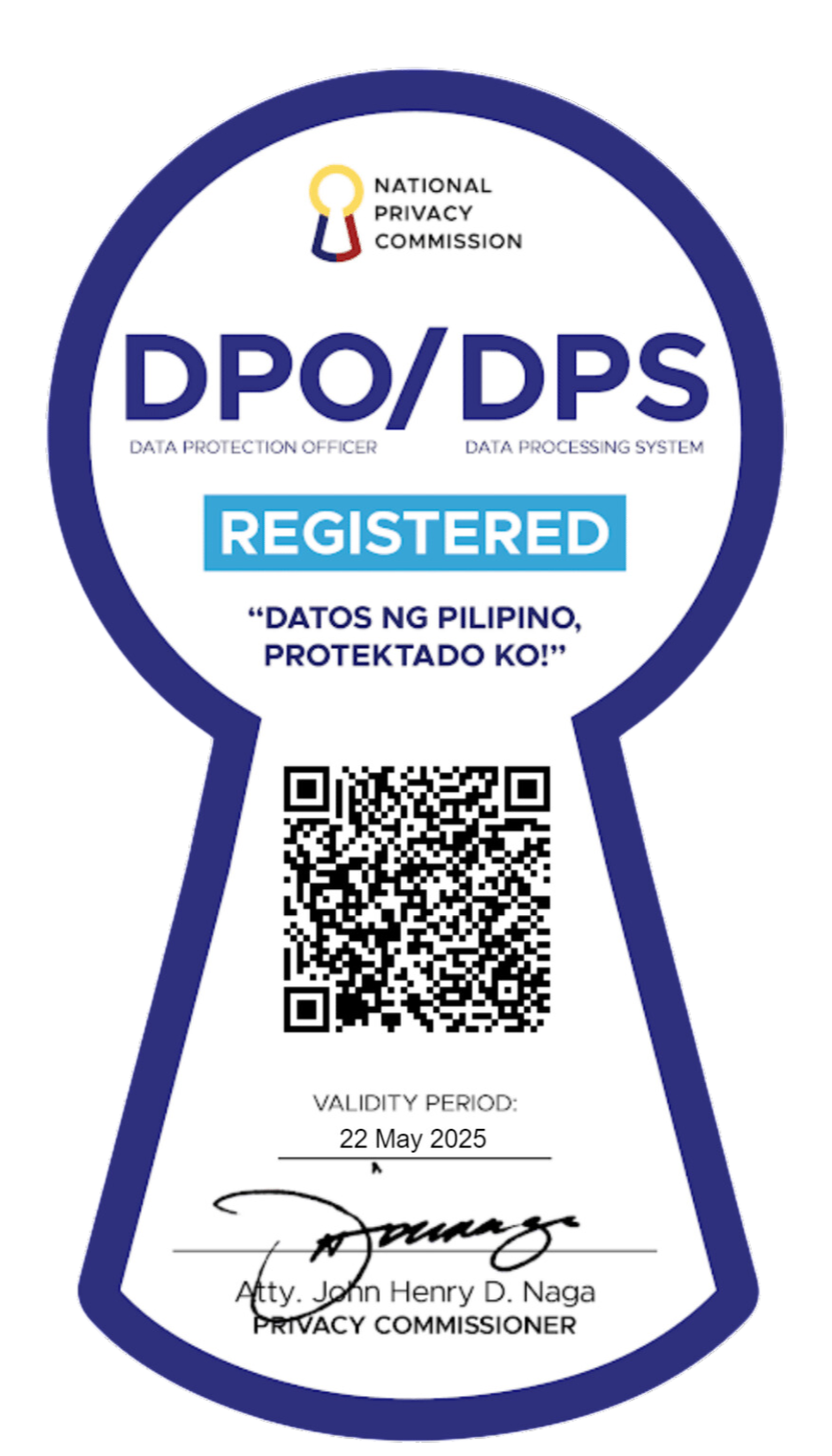Laguna bamboo industry eyes boost thru DOST-FPRDI project
- Details
Bamboo growers, manufacturers, artisans and traders in Laguna can expect better days up ahead as the DOST-Forest Products Research and Development Institute (DOST-FPRDI) is working on a project that aims to strengthen the province’s bamboo industry.
With a budget of PhP 2.1 Million, the project has so far mapped out the industry and analyzed the constraints facing different bamboo stakeholders — from farmers and suppliers, to the market and end-users. It has also studied the current status and prospects of each bamboo enterprise, and consequently identified firm-level and industry-wide interventions based on their needs.

Staff of the "Enhancing the Growth of Bamboo-based Enterprises in Laguna" project conduct in-depth interviews of firms engaged in the bamboo business.
DOST-FPRDI re-opens fire testing lab
- Details
Every year, hundreds of Filipinos die and billions of pesos worth of properties are lost because of fires. To help reduce the amount of agony and loss caused by fire incidents, DOST-FPRDI has recently re-opened its fire testing lab, the only one of its kind in the country.
“Our newly re-opened lab is still in its infancy – right now, it only has basic equipment for verifying the fire resistance of small samples from wall panels, but I think it’s a good start,” says DOST-FPRDI Director Romulo T. Aggangan. “The lab brings more affordable services to players in the construction industry who otherwise will have to send their samples for testing in accredited labs in Singapore and Malaysia.”
DOST-FPRDI to celebrate 66th Anniversary with LIKHA Festival
- Details
The DOST-Forest Products Research and Development Institute (DOST-FPRDI) will mark its 66th Anniversary this year by showcasing the usefulness of science in the country’s creative industry.
Dubbed “LIKHA: Forest Products Innovation Reimagined”, the event will run from July 3- 7, 2023 and will feature how the Institute’s R&D Programs are relevant for creating high quality, innovative and sustainable forest products. LIKHA stands for local, innovative, knowledge-based, holistic and adaptive.












